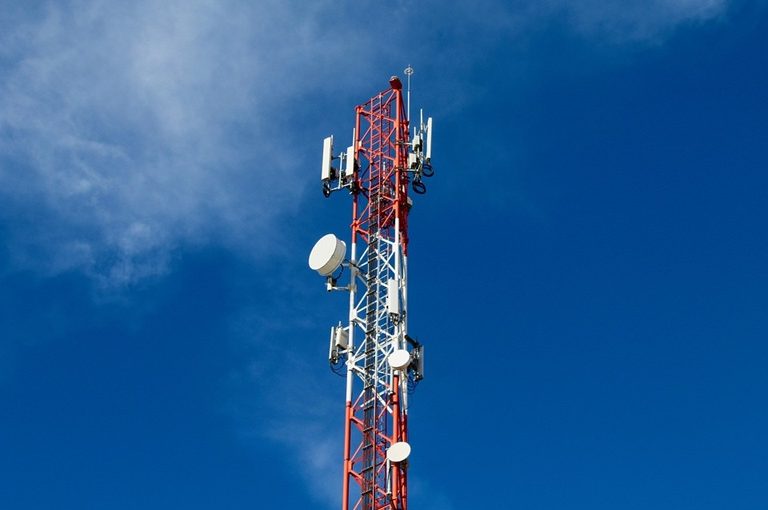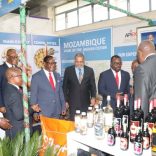Paratus Mozambique to exhibit at the Mozambique Gas & Energy Summit
Mozambique to install 60 new mobile stations to boost rural connectivity

FILE - For illustration purposes only. [File photo: Further Africa]
- The project will be implemented by Vodacom Mozambique, S.A., the company awarded the contract through public tender no. INCM/CP/117/2025.
The Communications Regulatory Authority of Mozambique (INCM), through the Universal Access Service Fund (FSAU), has announced plans to install 60 new mobile phone stations in rural areas across nine provinces — Gaza, Inhambane, Manica, Sofala, Tete, Zambézia, Nampula, Niassa, and Cabo Delgado. The initiative aims to extend telecommunications coverage to remote communities, advancing digital inclusion and reducing regional inequalities.
The project is part of the government’s Rural Connectivity Project, which seeks to bridge the digital divide between urban and rural areas. It will be implemented by Vodacom Mozambique, S.A., the company awarded the contract through public tender no. INCM/CP/117/2025. The development represents another milestone in INCM’s commitment to ensuring that no Mozambican citizen is excluded from the digital era.
Initially, the tender called for the installation of 30 mobile stations, but the number was later doubled to 60 after Vodacom expressed its readiness to expand implementation. The extension will allow for greater optimization of technical and logistical resources, enabling a more efficient rollout and maximizing the project’s reach and impact.
Transforming lives through digital access
The new installations will feature 2G and 4G mobile network infrastructure, multimedia centers with public Wi-Fi access, and solar energy systems to power the facilities sustainably. Additionally, each beneficiary community will receive a prepaid public telephone system and 100 mobile phones to enhance local communication and connectivity.
This integrated initiative is expected to create an inclusive digital ecosystem, improving access to public services, supporting local entrepreneurship, and strengthening community development. It is also projected to enhance indicators in education, healthcare, and digital literacy, contributing to balanced regional growth.
Currently, the ICT penetration rate in Mozambique’s urban areas stands at around 80%, compared to just 20% in rural areas, underscoring the country’s significant digital divide. The Rural Connectivity Project directly addresses this gap, aligning with the government’s vision for sustainable and inclusive national development.
Through this expansion, INCM reaffirms its role in driving Mozambique’s digital transformation and ensuring that connectivity becomes a right accessible to every citizen — regardless of geography.












Leave a Reply
Be the First to Comment!
You must be logged in to post a comment.
You must be logged in to post a comment.